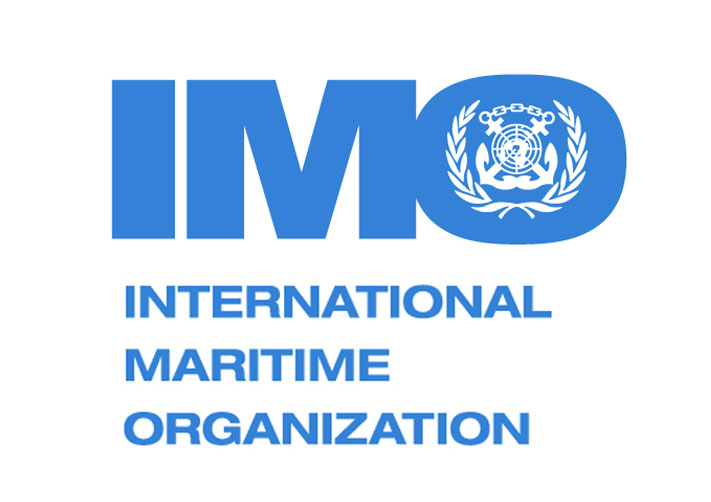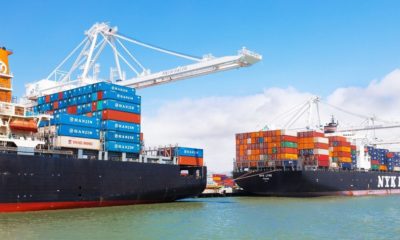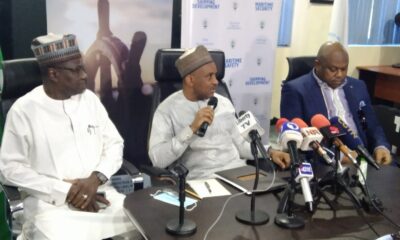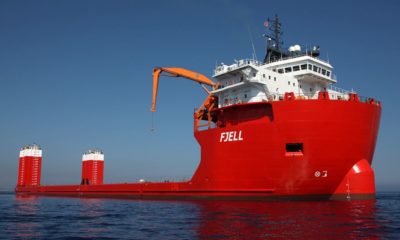- Stakeholders Back Buhari’s Rejection of Maritime Security Bill
Stakeholders in the maritime sector have backed the decision of President Muhammadu Buhari to withhold assent to the Maritime Security Operations Coordinating Board (Amendment) Bill 2018.
The bill, an Act to establish the Maritime Operations Coordinating Board to formulate policies for the effective control of all maritime operations in Nigeria’s territorial waters and the Exclusive Economic Zone, also aims to create a maritime security fund and establish anti-piracy offences.
A member representing the All Progressives Congress, Sokoto State, Abdussamad Dasuki, who led the debate on the bill in the House, noted that the complete absence of an anti-piracy law made the enforcement of the Cabotage Act (2003) and the Nigerian Maritime Administration and Safety Agency Act (2007) incredibly ineffective.
He said stakeholders had fingered the lack of legal framework and competent jurisdiction to try all maritime related offences as being responsible for the high rate of sea piracy and robberies on the waterways.
The bill was passed by the National Assembly and forwarded to the president to sign into law.
But the president, in a letter to the Senate President, Dr Bukola Saraki, on January 4, explained that the proposed amendments would create distortions and duplications with the functions and operations of NIMASA.
Stakeholders stressed that the president did not reject the bill, but only raised objections on some issues he observed in it.
They called for a holistic look at the bill and wider consultation with maritime sector stakeholders before it could be presented again to the president.
A maritime consultant and policy analyst, Alhaji Galtima Liman, said the policy initiators would need to sort out some of the functions said to clash with NIMASA’s and expunge them from the document.
He recommended wide consultation with the maritime sector’s stakeholders to achieve this.
Speaking in an exclusive chat with our correspondent on Tuesday, Liman said, “One thing about the maritime sector is that it is quite large; look at the college of fisheries for instance, it is buried somewhere in the ministry of agriculture.
This factor sometimes makes it difficult to involve active stakeholders in policy formulations and decisions regarding the sector.
“There should have been a holistic consultation before drawing up the bill.”
The Director-General, Nigerian Chamber of Shipping, Obiageli Obi, advised the people who drew up the bill to look at it again in consultation with stakeholders so that ‘we can all be on the same page.’
She said, “The challenge in this sector is that most policies affecting it usually lack stakeholder’s input. They need to do increased advocacy and stakeholders’ voices need to be heard.
‘We all need to get together on certain issues and stakeholders should not be quiet, otherwise decisions will continue to be taken without their input.”

 Billionaire Watch3 weeks ago
Billionaire Watch3 weeks ago
 Startups4 weeks ago
Startups4 weeks ago
 News4 weeks ago
News4 weeks ago
 News4 weeks ago
News4 weeks ago
 Bitcoin4 weeks ago
Bitcoin4 weeks ago
 Naira4 weeks ago
Naira4 weeks ago
 Forex3 weeks ago
Forex3 weeks ago
 Treasury Bills4 weeks ago
Treasury Bills4 weeks ago





















